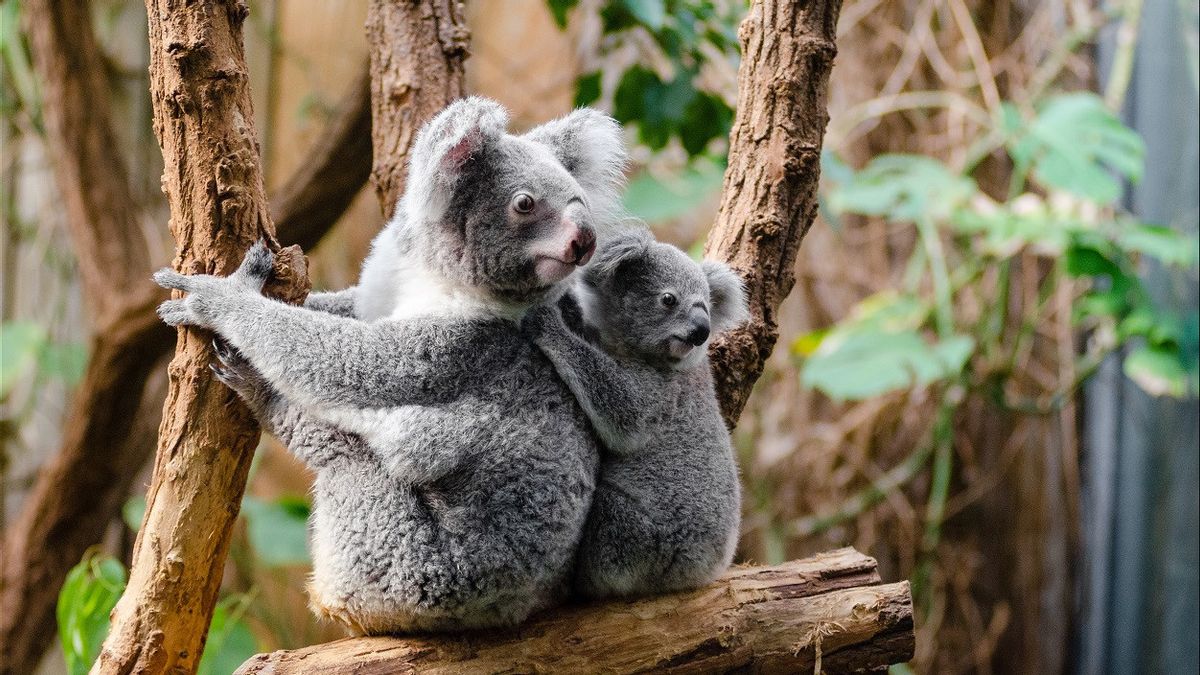JAKARTA - A number of researchers in Australia assess, freezing koala sperm could be the best way to save endangered species from extinction.
Scientists at the University of Newcastle in New South Wales proposed biolabs of collected sperm to increase genetic diversity in koalas.
This process, called biobanking, involves freezing sex cells and tissues for use in assisted reproduction. This technology is similar to what doctors use to help (human) couples who are struggling to have children.
Biobanking can 'future proof' the species, the new study explains, by capturing the genetics of long-dead key populations and individuals and reinserting them into at-risk populations.
"This tool can make a sizeable impact in captive breeding programs by reducing inbreeding rates and increasing genetic diversity," Dr Lachlan Howell, Honorary Lecturer at Newcastle University told ABC Australia.
"Another advantage is cost. Captive costs are very expensive. On average, around A$200,000 per year for Australian species. And that may take several decades," he said.

Howell explains that conservationists don't have the resources to maintain captive populations for that long. That is why, freezing sperm can be a cost-effective solution for their survival.
"We have identified 16 hospitals and wildlife zoos across Australia, which can act as nodes to collect koala sperm," he said.
The IUCN (The International Union for Conservation of Nature) lists koalas as 'potentially vulnerable'. This relatively low list is influenced by the official Koala conservation status of the State of Victoria, Australia, which appears to be stable.
However, research conducted by the Australian Koala Foundation (AKF) strongly recommends that the conservation status of this species should be upgraded to 'critically endangered', particularly in the Southeast Queensland bioregion. Queensland's Minister for the Environment even declared the koala 'functionally extinct' in 2019.
Koalas are in serious decline due to habitat destruction. Thousands of them have died in forest fires in recent years.
Not only that, these animals also face threats from domestic dog attacks and road accidents. The Australian Koala Foundation estimates that there are fewer than 100,000 koalas left in the wild, perhaps only 43,000.
In short, freezing koala sperm could be an important part of a strategy to save the animal from extinction by 2050.
The English, Chinese, Japanese, Arabic, and French versions are automatically generated by the AI. So there may still be inaccuracies in translating, please always see Indonesian as our main language. (system supported by DigitalSiber.id)








